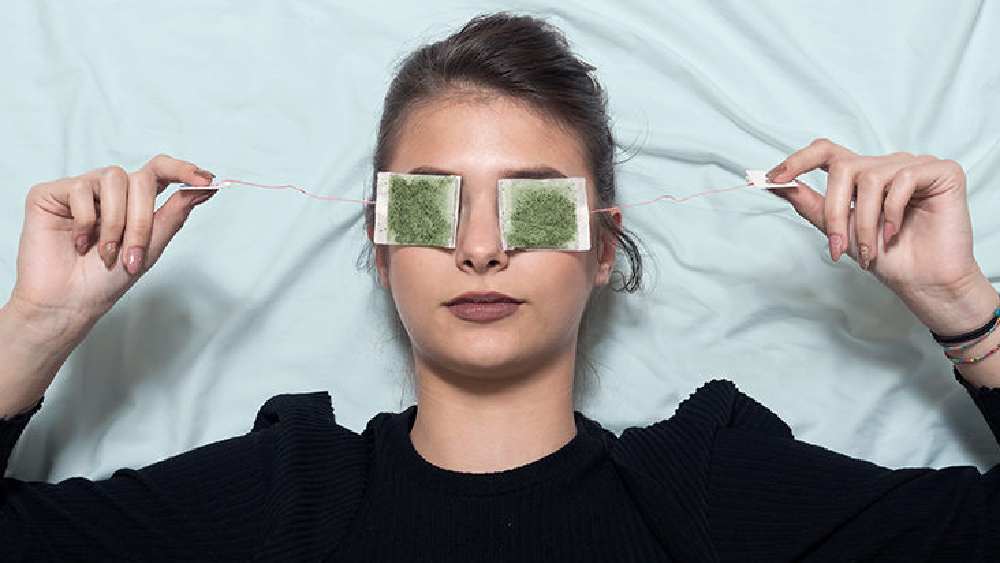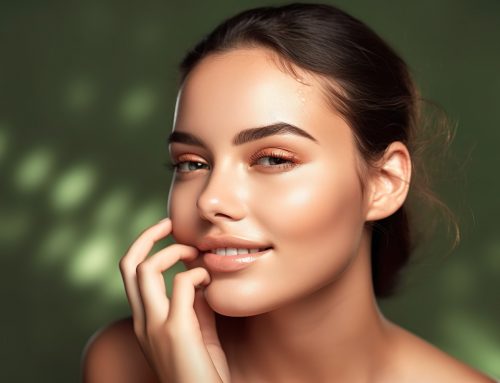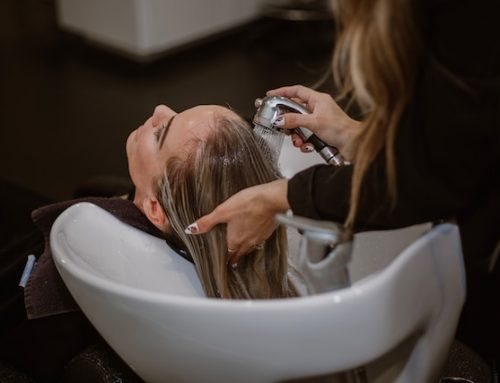Introduction :Puffy Eyes
Puffy eyes, often caused by factors such as lack of sleep, stress, allergies, or aging, can be a source of frustration for many individuals. However, with the right strategies and a proactive approach, you can effectively address and reduce puffy eyes. In this comprehensive guide, we’ll delve into various techniques and lifestyle changes that can help you combat puffy eyes like a pro.
Understanding the Causes of Puffy Eyes
Before diving into solutions, it’s essential to understand the common causes of puffy eyes. Lack of sleep, dehydration, excessive salt intake, allergies, genetics, and aging are some of the primary factors contributing to puffiness. By identifying the root cause, you can tailor your approach to address the specific issues affecting your eyes.
1. Prioritize Quality Sleep
Quality sleep is fundamental to overall well-being and plays a crucial role in preventing puffy eyes. Aim for 7-9 hours of uninterrupted sleep each night to allow your body and eyes to recover. Establish a consistent sleep schedule, create a comfortable sleep environment, and consider relaxation techniques to improve the quality of your sleep.
2. Hydration is Key
Dehydration can lead to fluid retention, exacerbating puffiness around the eyes. Make sure you drink lots of water throughout the day to be well hydrated. Alcoholic and caffeinated drinks should be avoided as they might cause dehydration.
3. Cold Compress and Chilled Cucumber Slices
Applying a cold compress or placing chilled cucumber slices on your eyes can provide immediate relief. The chilly temperature aids in blood vessel constriction, lowering inflammation and edema. This simple and natural remedy can be easily incorporated into your daily routine.
4. Monitor Salt Intake
High sodium intake can contribute to water retention, leading to puffy eyes. Reduce the amount of salt you eat and choose low-sodium options. Reading food labels and choosing fresh, whole foods can help regulate your salt intake.
5. Elevate Your Head While Sleeping
Elevating your head while sleeping can prevent fluid from pooling around your eyes. Consider using an extra pillow to keep your head slightly elevated, promoting proper fluid drainage and reducing morning puffiness.
6. Teabags and Chilled Spoons
Teabags, especially those containing chamomile or green tea, can be effective in reducing puffiness. Place cooled teabags over your closed eyes for 10-15 minutes. Additionally, using chilled spoons on the eyes can have a similar cooling effect, alleviating swelling and enhancing circulation.
7. Caffeine-infused Eye Creams
Eye creams containing caffeine are popular for their ability to constrict blood vessels and reduce puffiness. Consider incorporating a quality eye cream into your skincare routine, and for an extra refreshing experience, store it in the refrigerator. This not only enhances the cream’s effectiveness but also provides a soothing, cooling sensation.
8. Allergy Management
Allergies can contribute significantly to puffy eyes. Identify and address allergens in your environment, and consider using antihistamines or allergy eye drops under the guidance of a healthcare professional. Creating an allergy-friendly living space can go a long way in preventing eye-related issues.
9. Gentle Eye Massage
Gentle massage around the eyes can stimulate lymphatic drainage, reducing fluid buildup. Use your ring finger to apply light pressure in circular motions. Be cautious not to tug or pull on the delicate skin around the eyes to avoid irritation.
10. Consistent Skincare Routine
Establishing a consistent skincare routine is crucial for maintaining the health of the eye area. Remove makeup before bedtime using a gentle makeup remover. Choose skincare products that are suitable for your skin type, and be diligent about moisturizing to prevent dryness and irritation.
11. Stress Management Techniques
Stress is a common contributor to puffy eyes. Implement stress management techniques such as meditation, deep breathing exercises, or yoga to promote relaxation. Creating a balance between work and personal life can significantly reduce stress levels, positively impacting the appearance of your eyes.
12. Sunscreen and Sunglasses
Protecting your eyes from UV damage is essential in preventing premature aging and puffiness. Use sunscreen specifically designed for the eye area and wear sunglasses with UV protection when exposed to sunlight. These measures help maintain the elasticity of the skin around the eyes, preventing sagging and puffiness.
13. Mindful Makeup Practices
Choose makeup products that are hypoallergenic and fragrance-free to avoid irritation. Be gentle when removing makeup, using a mild cleanser or makeup remover. Rubbing or tugging at the eyes can lead to inflammation and contribute to puffiness.
14. Topical Treatments with Natural Ingredients
Explore skincare products containing natural ingredients known for their anti-inflammatory properties. Aloe vera, witch hazel, and arnica are examples of botanical extracts that can help soothe and reduce puffiness. Incorporate these ingredients into your skincare routine for added benefits.
15. Consult a Professional
If persistent puffiness is a concern, seek advice from a dermatologist or healthcare professional. They can help identify underlying issues, recommend specialized treatments, or prescribe medications if necessary. Professional guidance ensures a tailored approach to addressing your specific concerns.
Conclusion
Tackling puffy eyes requires a multifaceted approach that combines lifestyle changes, skincare practices, and mindful habits. By incorporating the strategies outlined in this ultimate guide, you can take proactive steps to reduce puffiness and achieve a brighter, refreshed appearance. Remember that consistency is key, and it may take time to find the combination of methods that works best for your unique needs. With dedication and a holistic approach, you can tackle puffy eyes like a pro, promoting not only the health of your eyes but also your overall well-being.






Leave A Comment